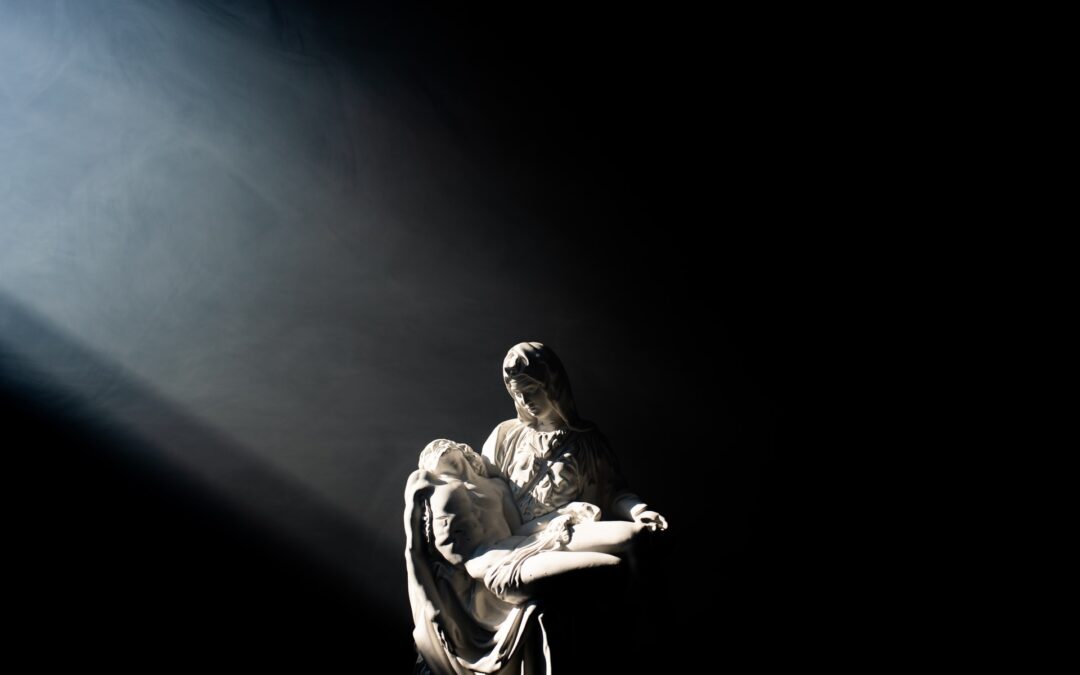I am a member of a club I don’t want to belong to.
I didn’t voluntarily sign up for it, yet I’m forced to be in it for the rest of my life. The cost of admission to this club was at an impossible price, but it was taken from me anyway. The price was my child’s life. My membership card is my child’s death certificate.
I am the parent of a dead child.
I have found that this club tends to keep to itself because its very existence makes most non-members too uncomfortable. Members of this club are the unwelcome reminders that a family’s worst fear can come true. The death of a child has often been described as “unnatural.” And yet it happens every day, all over the world. Still, these parents and their families often grieve in silence long after the funeral ends.
There is no “getting over it.” People grieve as long as they are a member of this club. Until their own last breath.
It doesn’t matter the age of your child when they died; membership in this club changes you forever.
It changes your understanding of life itself. Your demeanor changes, as do your reactions to everything around you. And these changes can have some nasty side-effects.
The death of a child can cause long-standing marriages or relationships with family or friends to abruptly come to an end for a variety of reasons. It can challenge your faith and rock your belief system to its core. You can develop health issues or go into deep depression. It isolates you from the world.
Membership in this club also brings a torrent of everyday challenges that non-members just don’t understand.
Once simple questions like, “How are you?” or, “How many children do you have?”, become sources of great pain and internal debate. Should you answer honestly and risk exacerbating your pain and feelings of isolation due to the expected horrified look or obvious discomfort of the person asking when they hear your answer? Or do you lie and give the expected answer based on whether you think you’ll ever see the person again, but then feel further isolated or even guilty for seemingly betraying your dead child? This is just one of many examples of dilemmas you never thought you’d have to face.
Even though the pain will last forever, over time, being a member of this club can offer some unexpected benefits.
The death of a child can give you a greater appreciation of how precious this life of ours is. You no longer take certain things for granted. It can teach you a deeper sense of compassion, empathy, and gratitude. In some cases, it can even improve your relationships with yourself and others. It can even lead you towards a life with a greater sense of purpose and meaning.
I have experienced all of these benefits, and am truly grateful for these gifts. But given the choice, I’d give up my membership in a heartbeat.
I’ll always hate being the parent of a dead child.


 This website was inspired by the memory of Margareta Sol Kubitz in hopes of helping others work through the pain of grief.
This website was inspired by the memory of Margareta Sol Kubitz in hopes of helping others work through the pain of grief.
Excellent article. The death of a child leaves a permanent hole in your heart. It changes your life forever. You have summed it up very well.